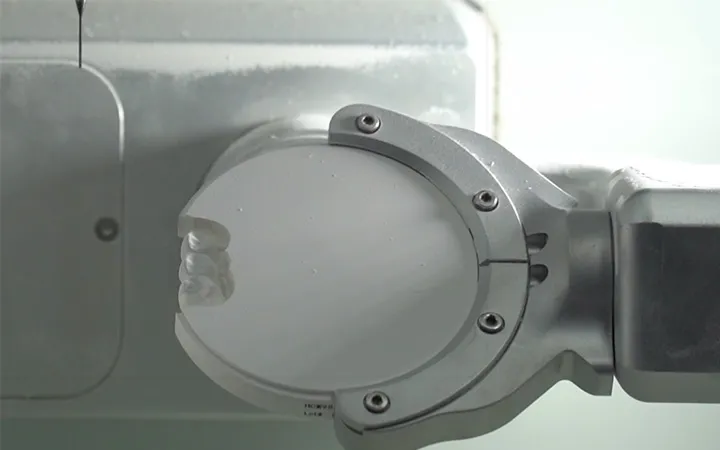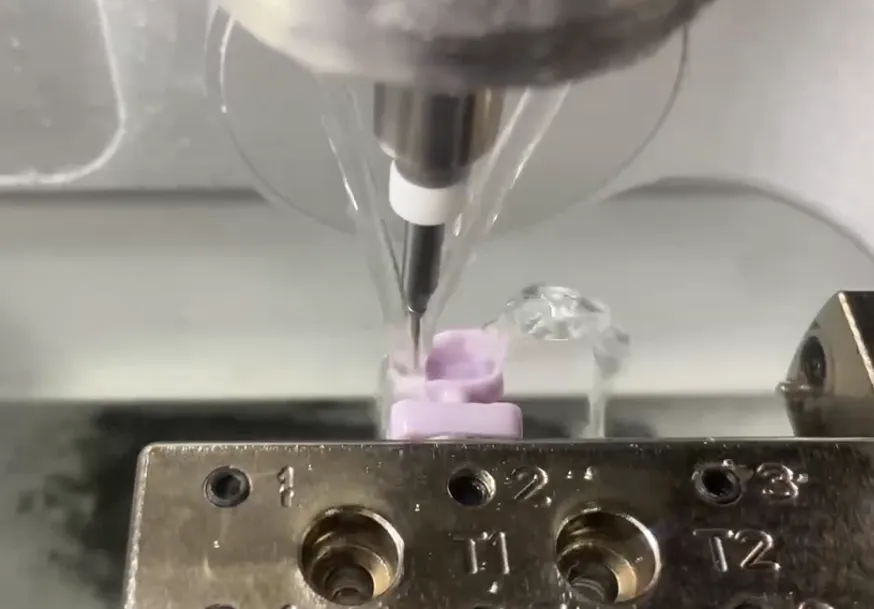Introduction
In the ever-advancing field of dental technology, dental milling machines are essential for the fabrication of precise, high-quality restorations such as crowns, bridges, and dentures. These machines, capable of milling materials like zirconia, ceramics, and metals, have transformed dental practices and laboratories worldwide. However, with a broad range of options available, navigating the world of dental milling machine prices can be a daunting task. This guide provides an in-depth overview of the various types of dental milling machines, their applications, and the factors that influence their price.
The price of a dental milling machine is heavily influenced by its type, capabilities, and intended use. Below, we’ll explore the three primary types of dental milling machines and their corresponding price ranges:

Dry milling machines are designed to mill materials without the need for coolant, making them simpler in design and operation. They are ideal for materials like zirconia, PMMA, and wax, which do not require lubrication during the milling process.
Key Features:
No coolant required
Simpler design and lower maintenance
Best suited for zirconia, PMMA, and wax
Price Range:
$30,000 – $60,000, depending on brand and features.

Wet milling machines use liquid coolant to manage heat and friction during the milling process. They are more versatile and can handle a wider variety of materials, including metals, ceramics, and composites, which require a cooler environment to prevent damage.
Key Features:
Uses coolant to maintain temperature
Ideal for metals, ceramics, and other materials
More complex design and maintenance
Price Range:
$40,000 – $80,000, with high-end models exceeding this range.
Hybrid milling machines combine the capabilities of both dry and wet milling, offering ultimate flexibility. These machines can easily switch between dry and wet modes, enabling dental professionals to process a variety of materials without investing in multiple machines.
Key Features:
Can alternate between dry and wet milling modes
Highly versatile for a wide range of materials
Best for dental practices requiring diverse capabilities
Price Range:
$60,000 – $100,000, with advanced models priced higher.
In addition to the type of milling machine, several factors impact the price, including material compatibility, precision, and functionality.
Milling machines are designed to handle specific materials, and the ability to mill both hard and soft materials influences price. For example, machines capable of handling metal and ceramics (wet or hybrid milling machines) are typically priced higher than those that only handle materials like zirconia and PMMA (dry milling machines).
Higher precision and additional features such as multi-axis capabilities, automatic tool changers, and integrated CAD/CAM software increase the cost. Machines that offer greater automation, allowing for less human intervention, also tend to be more expensive.
The brand and reputation of the manufacturer can significantly impact the price. Established brands with a proven track record for reliability and precision often come at a premium. However, these machines may offer better customer support, warranty options, and long-term reliability.
The specific use of a dental milling machine also plays a role in its pricing. Let's explore the common applications in dental restorations and the corresponding price impacts:
Both crowns and bridges require high precision and the ability to mill durable materials like zirconia, ceramics, and metals. Wet milling machines are preferred for these applications because they provide the cooling necessary to prevent material damage and maintain precise results.
Price Impact:
Machines for crowns and bridges are generally priced in the $50,000 – $80,000 range, depending on their capabilities and materials they can handle.
Dentures typically require materials like PMMA, which are easier to mill with dry milling machines. Because dry milling machines are simpler and cost less, they offer a more affordable solution for dental laboratories focused on denture production.
Price Impact:
Dry milling machines suitable for dentures are priced in the $30,000 – $50,000 range.
These smaller restorations require high precision to mill materials like ceramics and composites. Hybrid milling machines are often the best option for this application due to their flexibility and ability to handle a wide range of materials.
Price Impact:
Milling machines for inlays and onlays can range from $40,000 to $90,000, based on their features and material compatibility.
Implants require high precision and the ability to mill both metal and ceramic materials. Hybrid milling machines are ideal for implant milling, offering the flexibility to handle both types of materials.
Price Impact:
Machines designed for milling implants range from $60,000 to $100,000.
When choosing the right dental milling machine, it is essential to weigh the pros and cons of dry, wet, and hybrid machines.
Pros:
Cost-effective
Simple design with low maintenance
Easy to operate
Cons:
Limited to specific materials like zirconia and PMMA
Generates more heat, which can affect precision
Pros:
Suitable for a wide variety of materials, including metals and ceramics
Offers high precision with coolant reducing heat and friction
Typically more durable
Cons:
Higher initial and maintenance costs
More complex design
Pros:
Maximum versatility for handling both dry and wet milling materials
Time-saving as it eliminates the need for multiple machines
Suitable for a broad range of restorations
Cons:
Generally the most expensive option
More complex to operate and maintain
Choosing the right dental milling machine is crucial for any dental practice or laboratory. By understanding the types of milling machines—dry, wet, and hybrid—and evaluating their applications and price ranges, dental professionals can make informed decisions based on their specific needs and budget. Whether you require high precision for crowns and bridges, or a cost-effective solution for dentures, there’s a dental milling machine suited to your needs. Always consider the material compatibility, machine features, and the overall cost of ownership when making your choice.